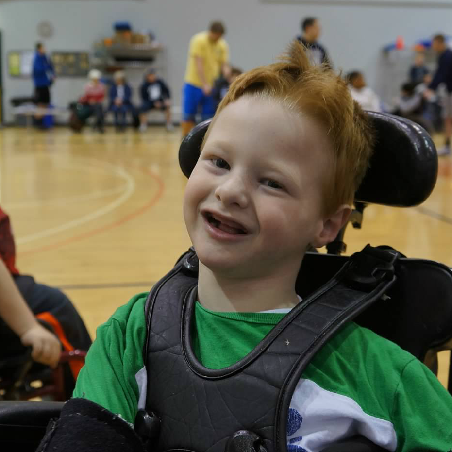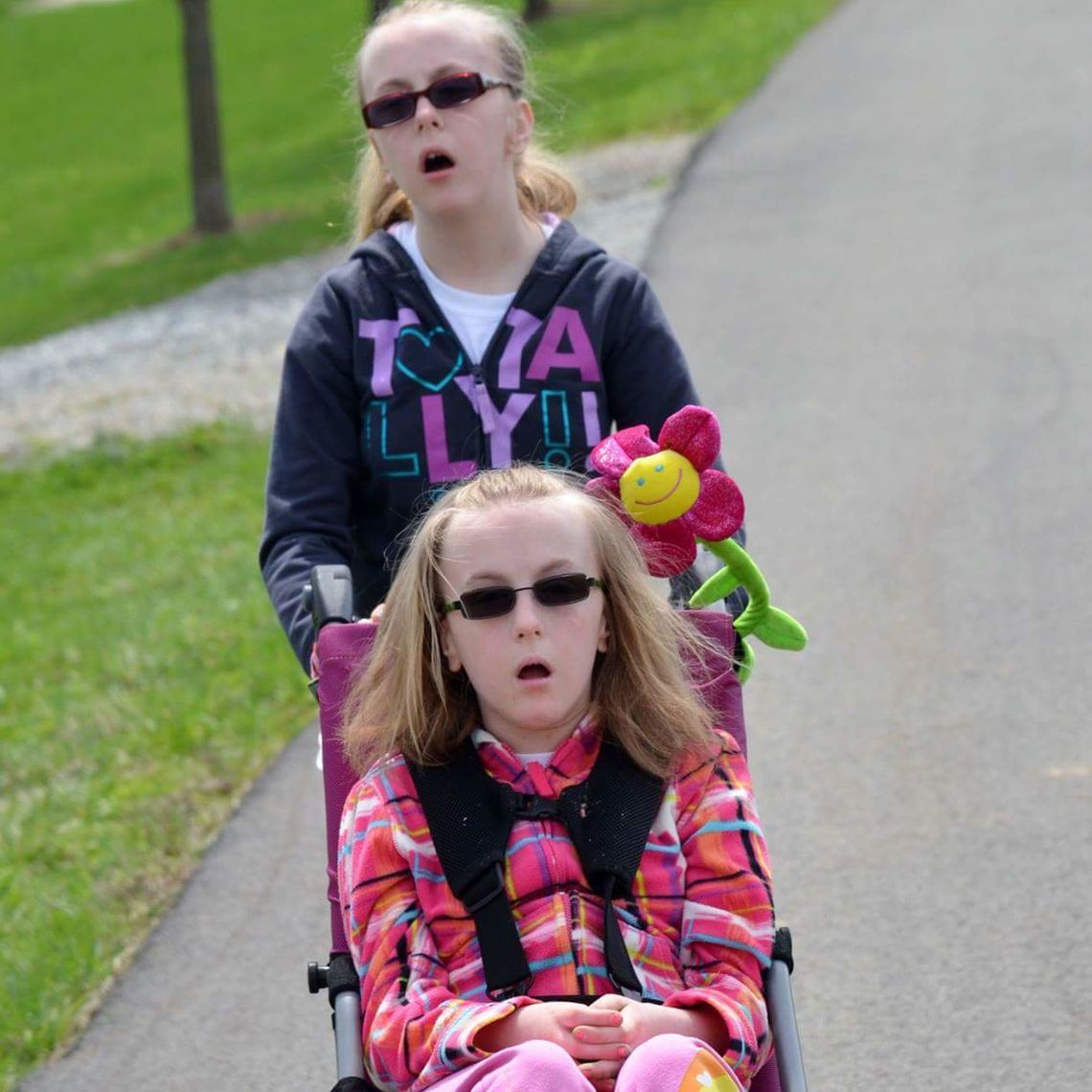
Pennsylvania’s Medicaid program, also called "Medical Assistance," provides comprehensive health insurance coverage to more than 3 million Pennsylvanians, including children, pregnant women, adults with limited income, older adults, and people with disabilities.
Adults on Medical Assistance have access to a range of health services like doctor’s visits, hospital care, prescription drugs, dental care, family planning services, transportation to medical appointments, laboratory and X-ray services, mental health services, substance use treatment, and more.
Children on Medical Assistance are entitled to even more robust services, including all medically necessary medical, vision, hearing and dental screenings and services under the Early and Periodic Screening, Diagnostic, and Treatment (EPSDT) benefit. EPSDT services are essential to providing children with the care they need to grow into healthy adults, and to ensuring that children with disabilities have access to the treatments and therapies to allow them to thrive.
PHLP works to ensure that individuals have access to the proper Medicaid services they need. We do this by:
-
helping individuals understand their Medicaid coverage and how to access services;
-
advising individuals on their appeal rights when services are denied; and
-
representing individuals in appeals, including Grievances and Fair Hearings, to help get services approved.
Who does Medicaid help in PA?
- Pregnant Women – Medicaid helps pregnant women get adequate prenatal and post-partum care. It covers more than 1 in 3 births (39%) in Pennsylvania.
-
Children with Special Needs – Medicaid is a crucial payer of early intervention therapies, in-home nursing, autism treatment services, and other services for children with disabilities.
-
People seeking Substance Use Disorder (SUD) Treatment – The opioid epidemic claims 12 lives a day in Pennsylvania. Among the 700,000 Pennsylvanians who enrolled in Medicaid following expansion, over 124,000 have accessed SUD treatment. Medicaid is the state’s largest payer of substance use services.
-
Adults with Disabilities – 722,000 adults with disabilities rely on Medicaid for their medical care.
-
Low-Income Medicare Beneficiaries – 443,500 Medicare beneficiaries in Pennsylvania rely on Medicaid for help with Medicare cost-sharing and for services, like long-term care, not covered by Medicare.
- Low-Wage Workers – 71% of Pennsylvania Medicaid enrollees are in a family with at least one person working. Medicaid provides the affordable coverage and services families need to get and stay healthy.





